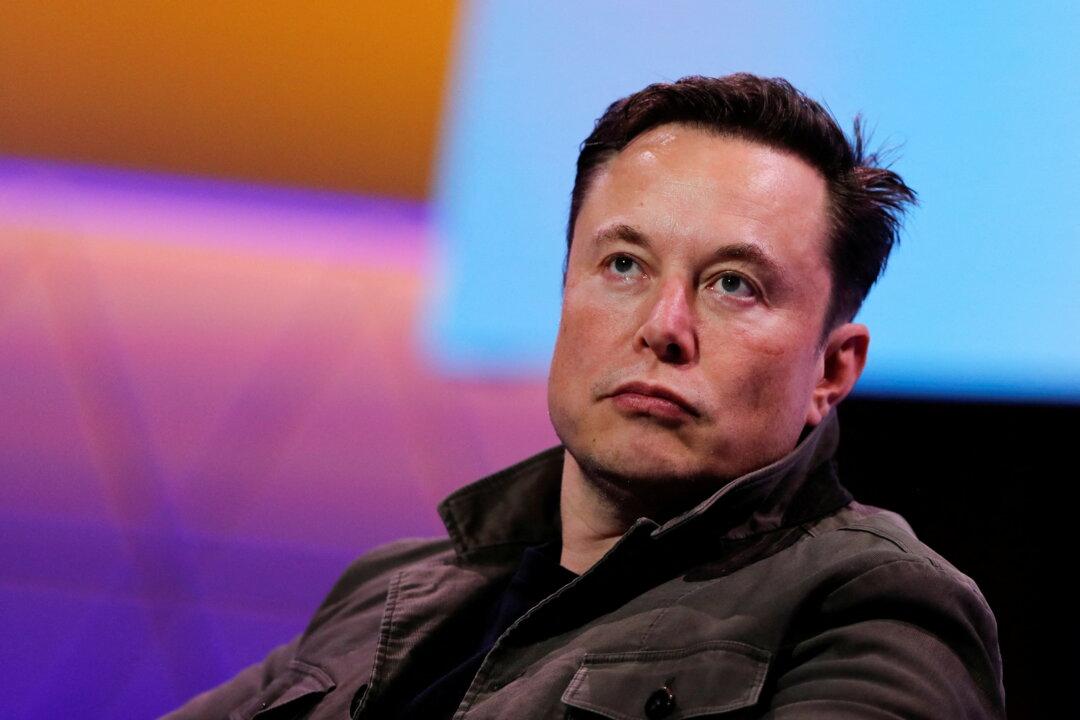Elon Musk’s brain interface company Neuralink is hiring a clinical trial director in a sign that the startup is preparing to begin clinical trials in humans.
“As the clinical trial director, you’ll work closely with some of the most innovative doctors and top engineers, as well as working with Neuralink’s first clinical trial participants,” the advertisement for the role in Fremont, California, states. “You will lead and help build the team responsible for enabling Neuralink’s clinical research activities and developing the regulatory interactions that come with a fast-paced and ever-evolving environment.”




